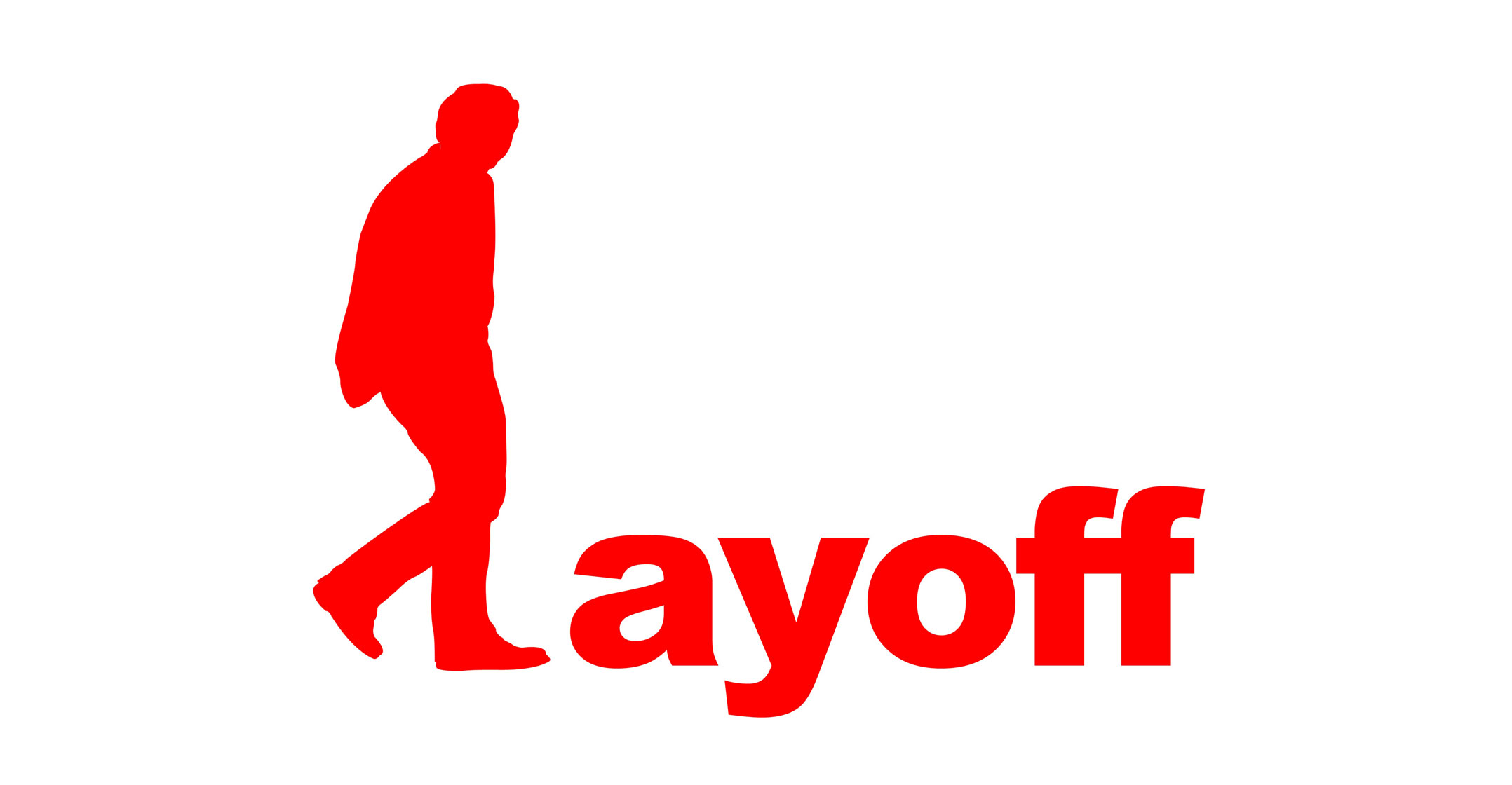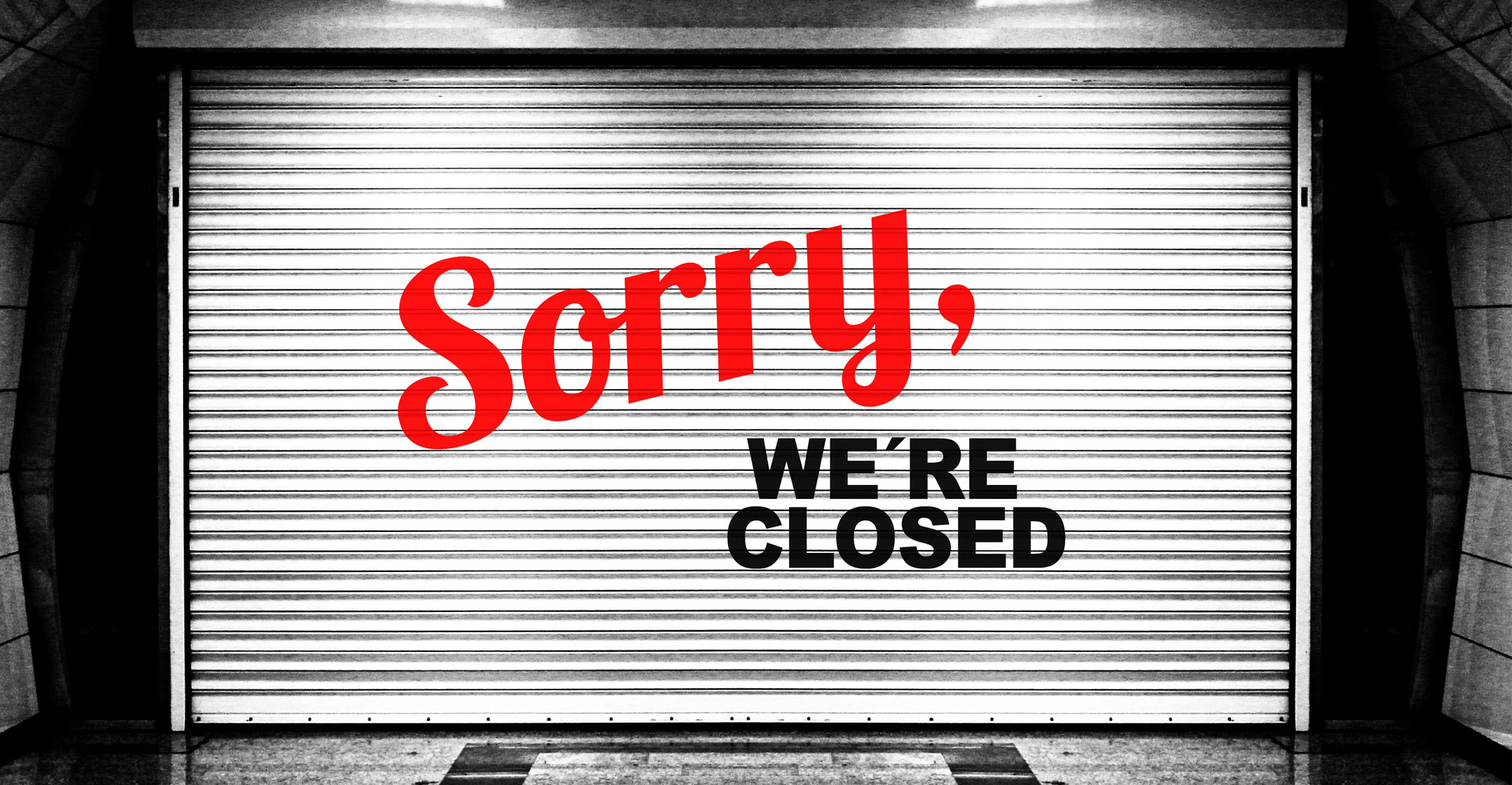 Less than a month into 2020, retrenchments, the trimming of workforces and restructuring talks are dominating the news.
Less than a month into 2020, retrenchments, the trimming of workforces and restructuring talks are dominating the news.
In recent years, the mining industry has been the one undertaking such actions, but last week’s announcements came from companies in the telecoms and retail sectors.
Telkom announced plans to cut 3 000 jobs, Sibanye-Stillwater revealed that it has given voluntary packages to 1 142 employees as part of its restructuring process, and Massmart said that it may close 34 stores, which will affect at least 1 400 employees. That is a possible 6 000 jobs gone, just two weeks into 2020.
And one gets the sense that restructuring activity will not be limited to the private sector. State-owned entities such as Eskom, South African Airways and the Passenger Rail Agency of South Africa (Prasa) will be forced to do likewise to ensure their survival.
Unfortunately, with a growth rate of of 0.9%, the economy offers no solution to either job losses or the creation of employment opportunities. This adds to the precariousness and segmentation that has become characteristic of the labour market.
South Africa’s labour market has changed in the past 13 years, influenced mostly by the underperformance of the economy as well as external factors such as the global economic crisis and a world that is embracing technology.
Disproportionate
Consequentially, the impact of limited growth and economic stagnation is disproportionate to employers and employees, and has created winners and losers. Companies in sectors such as mining, manufacturing and agriculture have responded to these changes by streamlining their operations, adopting technology and trying to find a way to reduce their exposure to organised labour risk.
It is significant that restructuring is occurring in the public sector, too, albeit at a slower pace than in the private sector. This is happening for known reasons, with perhaps the most important being the unsustainability of a rising public sector wage bill and spending against the backdrop of rising government debt.
On one hand, public spending that is out of hand mostly due to the debt of SOEs means using fiscal policy to try and jump-start growth has not worked. In fact, it has pushed South Africa further down the debt hole.
 On the other hand, government, including the SOEs, cannot afford to keep its perpetually increasing workforce — it doesn’t have the money. If the late payments to employees by various municipalities is anything to go by, it seems government simply won’t be able to sustain the rising wage bill.
On the other hand, government, including the SOEs, cannot afford to keep its perpetually increasing workforce — it doesn’t have the money. If the late payments to employees by various municipalities is anything to go by, it seems government simply won’t be able to sustain the rising wage bill.
The key concern is that, like companies responding to the changes in the world market, governments have to respond in such a way that they can keep up. However, two factors stand out.
First is being riddled with debt that is increasing, with a large workforce and SOEs that are floundering and in debt is not a sustainable way to run a government.
Second, and related, is that sooner or later government may find itself unable to service its debt and in need of loans from the International Monetary Fund.
The bottom line is that South Africa being in this mess is of its own doing. Yes, there have been external factors beyond its control, but the severe joblessness and other social problems that have emerged from it is our own doing. It has always been strong the hand of politics over economic reality that has led to this very moment.
The regulatory framework, politicians’ lack of understanding of the effects of the global economy on the country, and its inability to produce coherent policies that can react to these changes — these are self-inflicted.
Considering the projected growth and the oft-cited regulatory constraints, the year will continue to see a retreat in investment and very little job creation.
Stagnation
This prolonged economic stagnation that has increased unemployment and failed to reabsorb the unemployed (including graduates) is strengthening the case for structural reform.
If finance minister Tito Mboweni’s tweets and his last medium-term budget policy statement are any indication, a tougher stance by treasury is likely as he continues to seek structural reform.
To start with, we may see fiscal consolidation that will include the restructuring of SOEs, reducing their bulkiness and transforming them into leaner companies that can self-sustain. Secondly, government will need a revised labour policy that has considered how technological changes in the global economy have changed the labour market.
Will Mboweni find support from his party and government? That remains to be seen.
Sooner rather than later, unless there is a convergence of labour market, economic and even fiscal policies, South Africa’s key problems will persist — including the relentless retrenchments.
- This article was originally published on Moneyweb and is used here with permission

